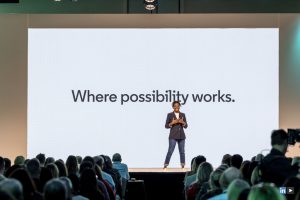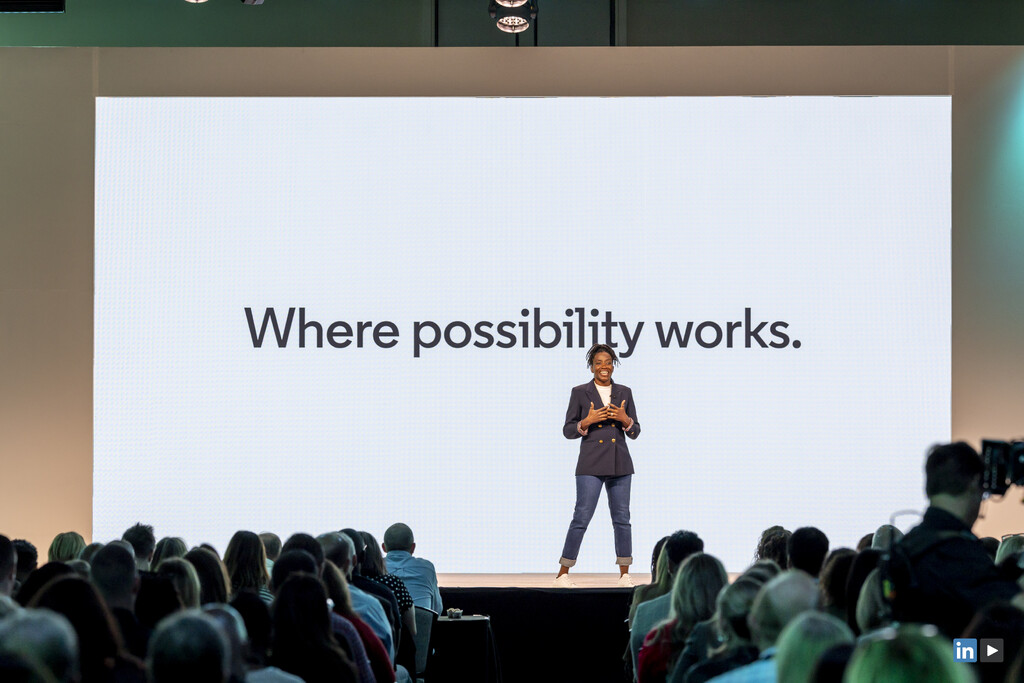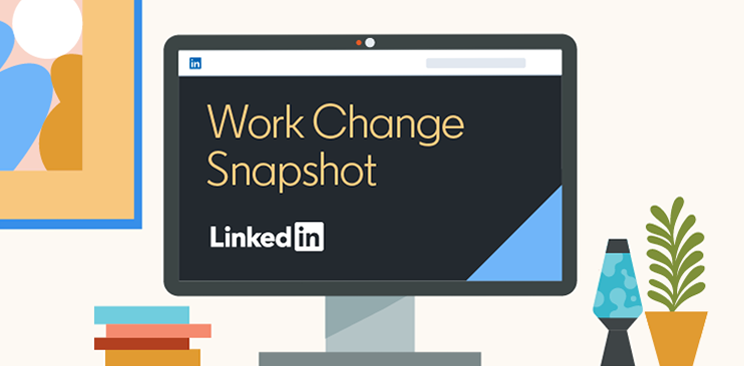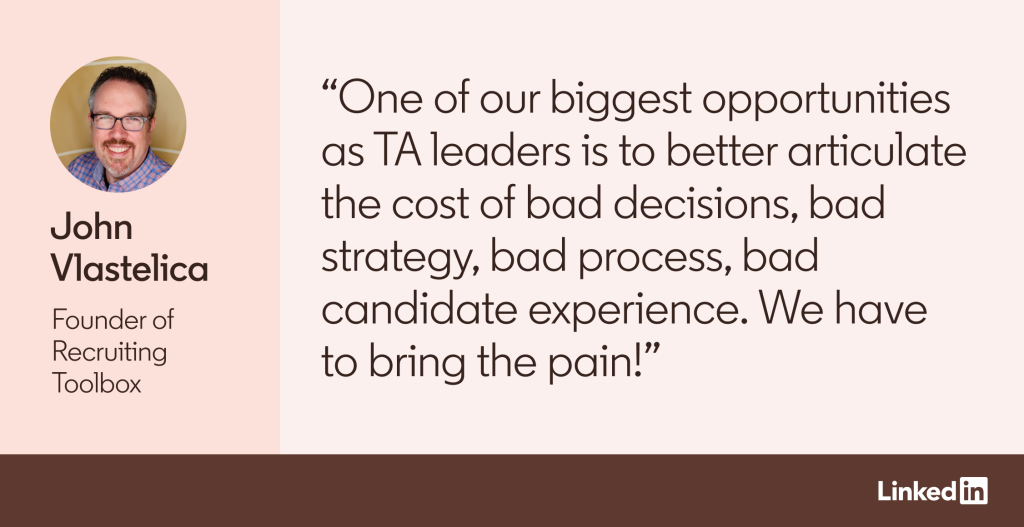Equity Journey Update: 10 Million and Counting
Addressing bias is a step on our journey to help drive equitable outcomes for all members of the global workforce. An important component of this work centers on our LinkedIn Feed and understanding how our members experience our platform, especially those from historically and systemically marginalized communities. Several years ago, we began collecting gender and disability demographic data globally, but we realized it wasn’t representing the much broader spectrum of identities that encompassed our members. In 2021, we expanded those efforts in the U.S. to initially include nine identity dimensions (with the option to write-in for race/ethnicity and sexual orientation) and asked members to self-identify on LinkedIn. As we continue to scale Self-ID, we’ll evaluate what additional identity dimensions are needed to both create equal access to opportunity and help drive more equitable outcomes for all members of the global workforce. (Check out my article where I explained why I chose to self-identify.)
Today, more than 10 million members have shared some aspect of their identity on LinkedIn. As more members join us on this Equity journey and Self-ID, we’ll be able to evaluate how members from historically and systemically marginalized communities experience the platform. We’ll also be able to expand and share more relevant workforce trends by accounting for how members’ demographic identities may impact their access to economic opportunity, as well as launching new products and experiences to help drive more equitable outcomes for those members facing barriers.
Everyday, more people from across the world come to LinkedIn to share their knowledge, perspectives, and discuss topics they care about. We’ll continue sharing our equity journey by providing transparency into the Feed, how it works, and what we are doing to address any bias. We know how important it is for members to have safe, trusted, and authentic conversations that resonate with them and their communities.










